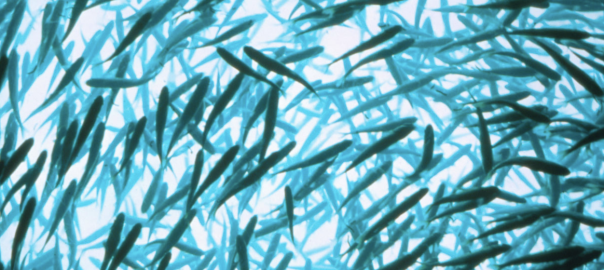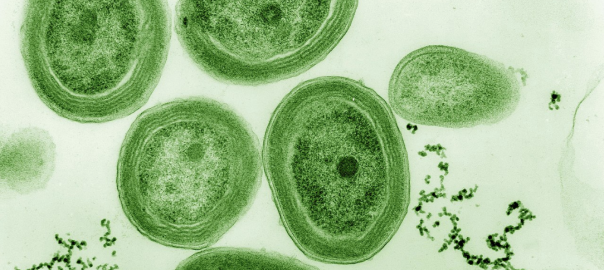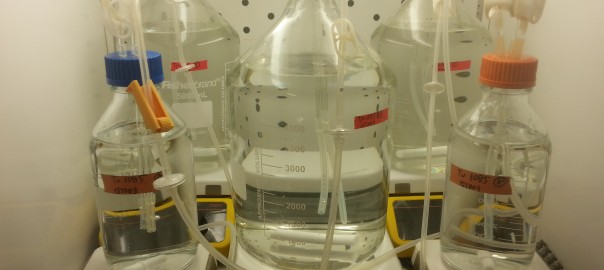Dean Roemmich, Matthew H. Alford, Hervé Claustre, Kenneth Johnson, Brian King, James Moum, Peter Oke, W. Brechner Owens, Sylvie Pouliquen, Sarah Purkey, Megan Scanderbeg, Toshio Suga, Susan Wijffels, Nathalie Zilberman, Dorothee Bakker, Molly Baringer, Mathieu Belbeoch, Henry C. Bittig, Emmanuel Boss, Paulo Calil, Fiona Carse, Thierry Carval, Fei Chai, Diarmuid Ó. Conchubhair, Fabrizio d’Ortenzio, Giorgio Dall’Olmo, Damien Desbruyeres, Katja Fennel, Ilker Fer, Raffaele Ferrari, Gaël Forget, Howard Freeland, Tetsuichi Fujiki, Marion Gehlen, Blair Greenan, Robert Hallberg, Toshiyuki Hibiya, Shigeki Hosoda, Steven Jayne, Markus Jochum, Gregory C. Johnson, KiRyong Kang, Nicolas Kolodziejczyk, Arne Körtzinger, Pierre-Yves Le Traon, Yueng-Djern Lenn, Guillaume Maze, Kjell Arne Mork, Tamaryn Morris, Takeyoshi Nagai, Jonathan Nash, Alberto Naveira Garabato, Are Olsen, Rama Rao Pattabhi, Satya Prakash, Stephen Riser, Catherine Schmechtig, Claudia Schmid, Emily Shroyer, Andreas Sterl, Philip Sutton, Lynne Talley, Toste Tanhua, Virginie Thierry, Sandy Thomalla, John Toole, Ariel Troisi, Thomas W. Trull, Jon Turton, Pedro Joaquin Velez-Belchi, Waldemar Walczowski, Haili Wang, Rik Wanninkhof, Amy F. Waterhouse, Stephanie Waterman, Andrew Watson, Cara Wilson, Annie P. S. Wong, Jianping Xu and Ichiro Yasuda (2019), On the Future of Argo: A Global, Full-Depth, Multi-Disciplinary Array, Frontiers of Marine Science, doi: 10.3389/fmars.2019.00439 Continue reading On the Future of Argo: A Global, Full-Depth, Multi-Disciplinary Array
Category Archives: Research
Andrea Storto, Aida Alvera-Azcárate, Magdalena A. Balmaseda, Alexander Barth, Matthieu Chevallier, Francois Counillon, Catia M. Domingues, Marie Drevillon, Yann Drillet, Gaël Forget, Gilles Garric, Keith Haines, Fabrice Hernandez, Doroteaciro Iovino, Laura C. Jackson, Jean-Michel Lellouche, Simona Masina, Michael Mayer, Peter R. Oke, Stephen G. Penny, K. Andrew Peterson, Chunxue Yang and Hao Zuo (2019), Ocean Reanalyses: Recent Advances and Unsolved Challenges, Frontiers of Marine Science, doi: 10.3389/fmars.2019.00418 Continue reading Ocean Reanalyses: Recent Advances and Unsolved Challenges

Artificial Intelligence Helps Manage Global Fisheries
Reporting by Helen Hill for the MIT Darwin Project
Fisheries provide a significant source of protein for over half of the world’s human population, yet the impacts of historical overfishing and climate change challenge the future productivity of the world’s oceans. Traditional fisheries management rests on the assumption that the future will look like the past, however, with advances in AI (artificial intelligence) and burgeoning data resources, scientists have new tools for exploring a greater range of future scenarios, including climate change. Continue reading Artificial Intelligence Helps Manage Global Fisheries
Frawley T.H., D.K. Briscoe, P.C. Daniel, G.L. Britten, L.B. Crowder, C.J. Robinson, W.F. Gilly (2019), Impacts of a transition to tropical oceanic conditions on Gulf of California Jumbo Squid Dosidicus gigas, ICES Journal of Marine Science,doi: 10.1093/icesjms/fsz133 Continue reading Impacts of a shift to a warm-water regime in the Gulf of California on jumbo squid (Dosidicus gigas)

A Cellular View of Earth History
Reporting by Helen Hill for the MIT Darwin Project
For the past several years, Rogier Braakman, a research scientist working in Penny Chisholm’s lab and collaborating with Mick Follows, has been studying how metabolism evolves in ocean microbes. In a new paper, he argues that intrinsic properties of cellular metabolism imposed central constraints on the historical trajectories of biospheric productivity and atmospheric oxygenation. Continue reading A Cellular View of Earth History
David Talmy, Stephen J. Beckett, Darcy A.A. Taniguchi, Corina P.D. Brussard, Joshua S. Weitz, and Michael J. Follows (2019), An empirical model of carbon flow through marine viruses and microzooplankton grazers, Environmental Microbiology, doi: 10.1111/1462-2920.14626 Continue reading An empirical model of carbon flow through marine viruses and microzooplankton grazers
The Color of Climate Change
The Color of Climate Change by Eva Frederick, Karina Hinojosa, Devi Lockwood, Gina Vitale – MIT Graduate Program in Science Writing
Darwin researchers Stephanie Dutkiewicz, Jonathan Lauderdale, and Oliver Jahn talk about their work modeling the ocean to explore how ocean color may change under climate change.
Ruifeng Zhang, Rachel L. Kelly, Kathryn M. Kauffman, Amber K. Reid, Jonathan M. Lauderdale, Michael J. Follows, Seth G. John (2019), Growth of marine Vibrio in oligotrophic environments is not stimulated by the addition of inorganic iron, Earth and Planetary Science Letters, doi: 10.1016/j.epsl.2019.04.002 Continue reading Growth of marine Vibrio in oligotrophic environments is not stimulated by the addition of inorganic iron

When Phytoplankton Go Hungry
by Helen Hill for MIT CBIOMES
The Redfield ratio, the atomic ratio of carbon, nitrogen, and phosphorus (C:N:P) in phytoplankton and deep ocean waters, has often been treated as a constant 106:16:1. A new paper involving several CBIOMES co-authors, among them two from the MIT Darwin Group, presents compelling evidence for what causes this ratio to change within phytoplankton. Continue reading When Phytoplankton Go Hungry
Climate Change will Change the Color of the Ocean Research Says
Climate Change will Change the Color of the Ocean Researcher says
MIT Darwin Project researcher, Principal Research Scientist Stephanie Dutkiewicz, talks to WGBH’s Living Lab Radio about her recent Ocean colour signature of climate change paper in Nature Communications.
Dutkiewicz, S., A.E. Hickman, O. Jahn, E. Moneir, S. Henson, and C. Beaulieu (2019), Ocean colour signature of climate change, Nature Communications, doi: 10.1038/s41467-019-08457-x